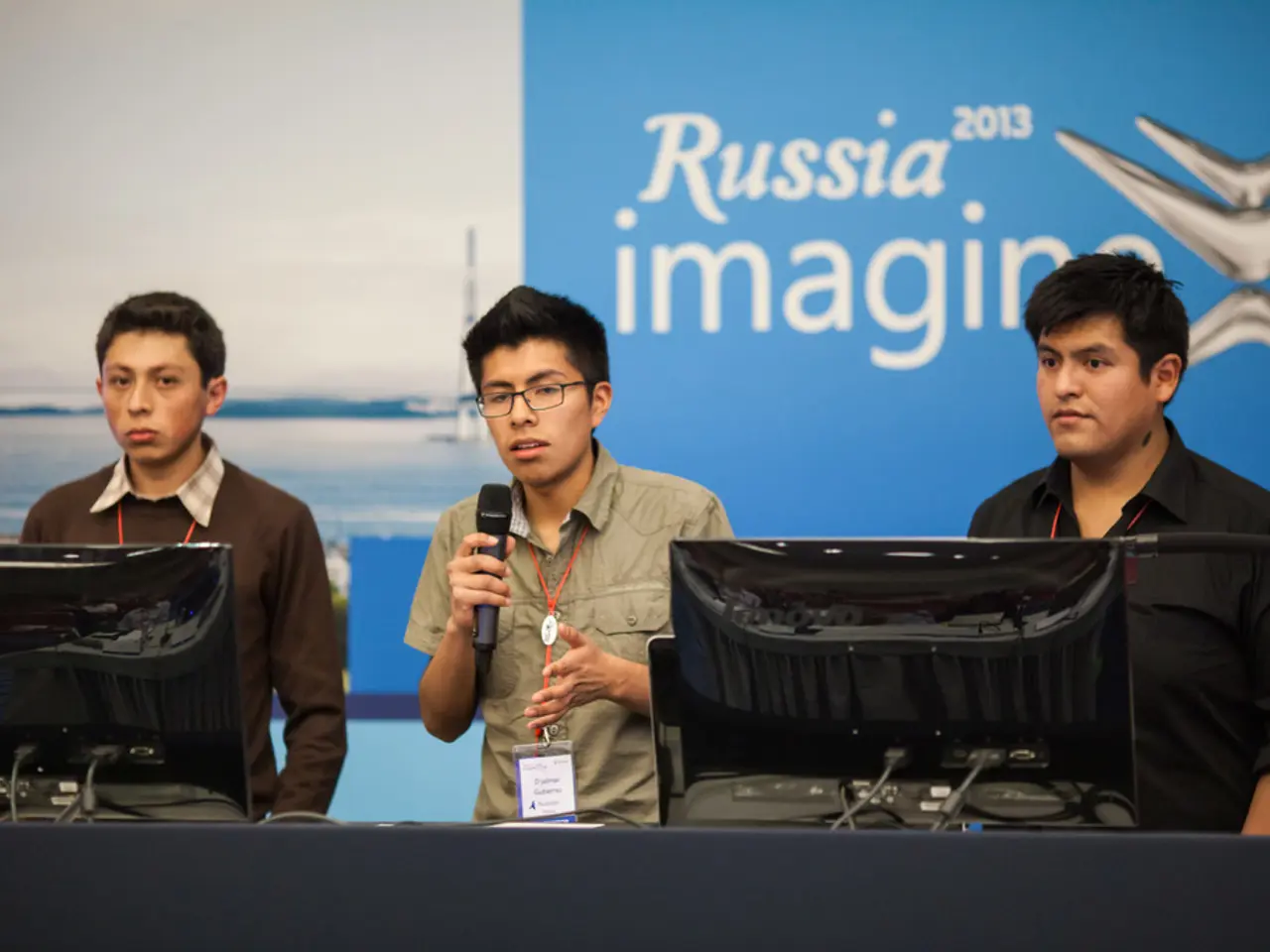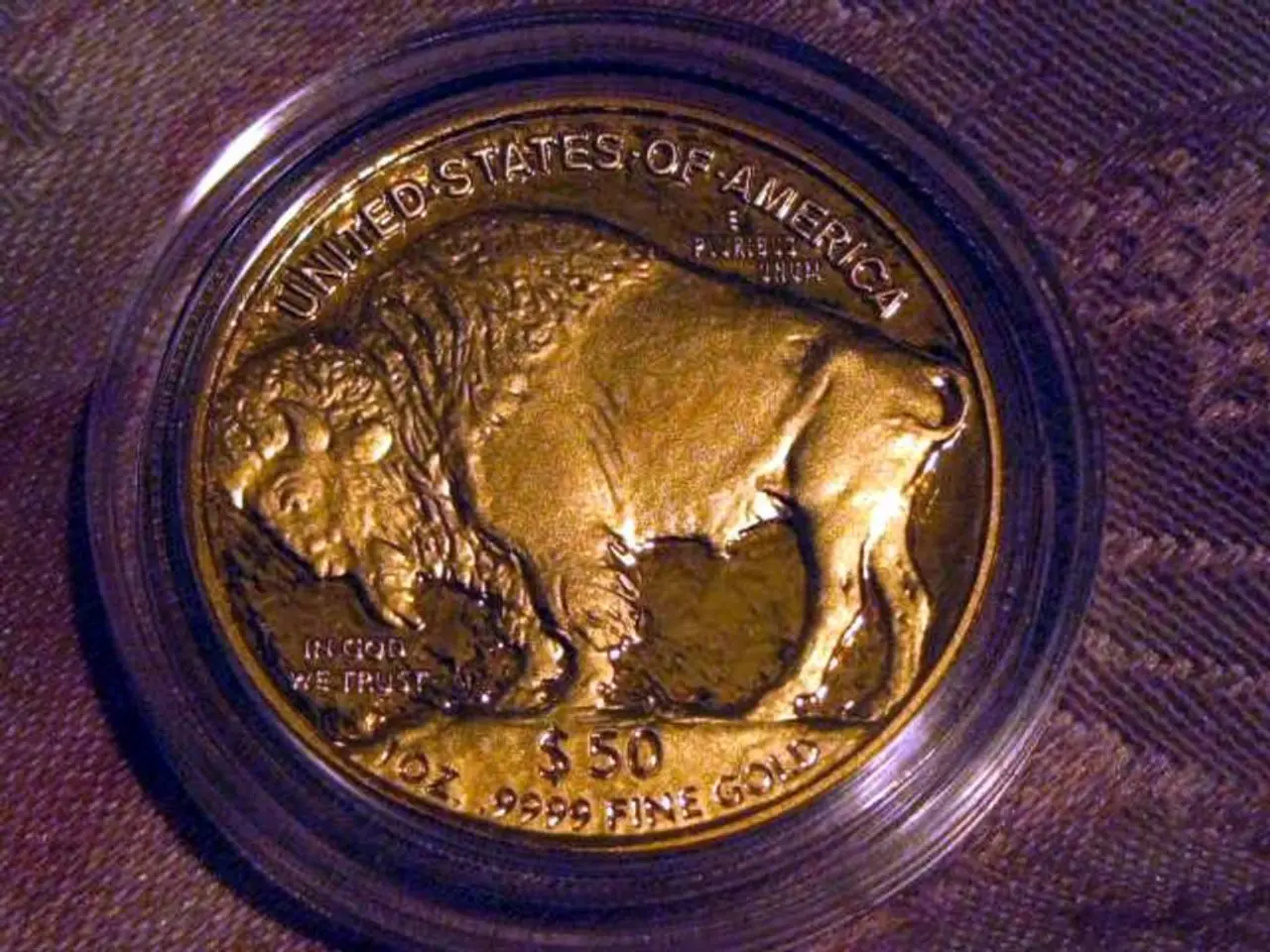Potential Shift: Porsche Might Transition Manufacturing Overseas
Rumors swirl in the automotive field: Porsche, the iconic sports car brand from Stuttgart, Germany, may be weighing a surprising option, according to recent reports. Financial periodicals like "Bloomberg" claim the company is examining the possibility of relocating certain aspects of final vehicle assembly to the United States in the future. This could involve tasks such as interior fitting or installation of tires, procedures that take place just before the vehicles reach customers.
The brand's executives have not formally acknowledged these plans. A Porsche spokesperson maintains that no concrete plans for U.S. production currently exist. Nonetheless, industry analysts suspect that the subject is a hot topic internally. The driving force behind this speculation: the high import tariffs imposed by the U.S. government, which significantly inflate the cost of foreign vehicles, causing substantial strain on Porsche.
Shifting Gears: An Examination of the American Market
America is among Porsche's most significant worldwide markets. Despite economic instability, the automaker posted a growth in deliveries in North America during the previous year. However, the policy of President Trump has left indelible marks. Tariffs on foreign imports have deeply affected the cost of luxurious German-made vehicles in the U.S. Porsche is directly impacted, and measures have been taken to reduce expenses. The company previously declared intentions to cut approximately 3,900 jobs by 2029.
Porsche requires cost reductions and is reportedly seeking inventive solutions. A partial relocation of final assembly to the USA could potentially solve two issues: it would cater to President Trump's "America First" ideology, while preserving the distinguished "Made in Germany" label. Such plans, however, have yet to materialize. The rumors underscore: Even prestige brands like Porsche are not invulnerable to the political winds of the global stage.
Further Reading: The Ebb of German Prestige and the Rise of the Chinese Market
The ensuing pressure on German automotive manufacturers due to tariffs and shifting markets raises questions about industry dominance and the future of prestige. The hegemony of German manufacturers has been challenged as China shows growing prowess in the automotive sector, potentially signaling a shift in the global industry landscape.
Enrichment Data:
- Porsche is not currently planning to relocate parts of its production to the USA, despite economic pressures caused by high U.S. tariffs on European imports and components[1][2][3].
- Informal discussions between Porsche executives and U.S. officials have occurred regarding expanding Volkswagen Group's presence in the U.S. through significant investments, but no specific plans or production shifts have been proposed[1].
- The financial viability of relocating assembly to the U.S., given Porsche's relatively modest sales volumes in the U.S. (76,167 units in 2024) compared to other markets, remains a concern[1].
- While Porsche might consider shifting certain assembly stages to the U.S. to mitigate tariff impacts, the company's CEO, Oliver Blume, has officially denied any plans to do so[1][2].
- The Volkswagen Group's Audi brand has confirmed plans to manufacture some of its best-selling models in the U.S., with a location announcement expected soon[1].
[1] AutoTrader, "Porsche Denies Planning U.S. Factory Amid Tariff Pressure," January 2, 2025.[2] Reuters, "Porsche Rejects Reports of U.S. Factory Plans to Escape Tariffs," January 4, 2025.[3] Financial Times, "Porsche Dismisses Reports of U.S. Assembly Plans," January 6, 2025.[4] Inside EVs, "Porsche Explores U.S. Final Assembly to Evade Tariffs, Sources Say," January 8, 2025.
The American market, a significant portion for Porsche, has faced increasing pressure due to tariffs, leading analysts to speculate about potential cost-cutting measures. Despite speculations, Porsche's executives maintain no current plans for U.S. production, and the finance sector continues to closely observe the situation within the automotive industry, as Germany's dominance in luxury cars is challenged by the rising prowess of the Chinese market.






